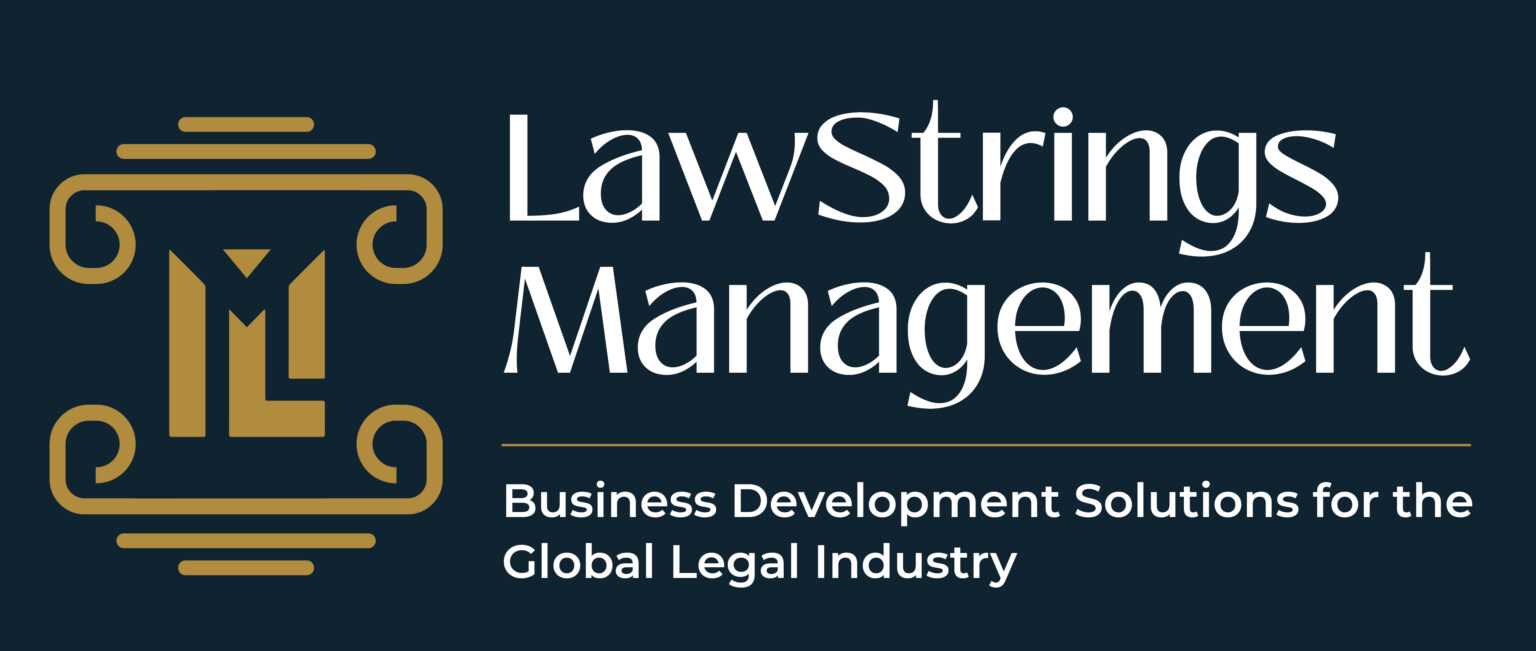Effective Lead Generation for Law Firms: Proven Strategies for Growth 2025

The lead generation for law firms is a critical component of growing your practice to ensure long-term success. In a highly competitive legal market – attracting high-quality leads is key to expanding your client base. The effective strategies such as optimizing your website, utilizing SEO, running PPC campaigns, and leveraging client referrals will help law firms stand out and convert prospects into paying clients. Here’s how to build a successful lead-generation strategy for your firm. What is Law Firm Lead Generation? The law firm lead Generation refers to the procedure of attracting possible clients, leads to your law firm by different marketing methods. The objective behind this procedure is to guide the prospects toward various actions such as scheduling a consultation, asking more questions, or seeking your legal service. Lead generation in law firms must use a combination of approaches specific to the legal industry to ensure leads generated meet the desired quality standards and fall within your practice areas. Why is Lead Generation Important for Business Growth The lead generation for law firms helps grow your client base, develop long-term relationships, and generate revenue. Without a flow of qualified leads, law firms are at risk of stagnation. Lead generation delivers: Continuous flow of clients – Never allow your firm to go dry on potential clients. Brand Visibility – A competitive market needs to ensure the firm is highly visible. Revenue Growth – Converts qualified leads to paying clients and expands areas of practice Investing in the right lead-generation strategies will ensure law firm enjoys sustainable growth as well as an undeniable grip on the market. Lead Generation Strategies for Law Firms Effective Lead Generation in Lawyers needs to be made using modern digital strategies in combination with traditional ones. Given below are some tips that work well for generating strong-quality leads 1. Optimize Your Website A lead generation process starts from a simple well-optimized website. It needs to be easily navigable, mobile-friendly, and designed to drive conversion. Must have: Clear calls to action (CTAs) – A compelling call to action encourages visitors to book a consultation immediately. Lead capture forms – Use forms to capture lead information from prospective clients, such as name, email address, and legal issue. Contact information – Ensure your phone number and contact information are readily accessible on every page. Content relevancy – Provide detailed information regarding the services you offer so prospects can determine how you would be able to help them. 2. Search Engine Optimization (SEO) The SEO is a fundamental strategy for getting your website more and more visible on search engines. For law firms, local SEO is quite important because most of the attorney’s clients searching for them in their region. On-page SEO – optimize the content of your website using relevant legal keywords. For example – “best personal injury lawyer”. Local SEO – get your firm to Google My Business, create localized content, and inject location-based words to rank in local searches. Backlinks – acquire backlinks from quality sites, legal websites, and directories to lift the authority levels and rankings on search engines. 3. Social Media Marketing A well-designed law firm’s Facebook page or LinkedIn profile with an Instagram addition can be quite effective in marketing your law firm and attracting new leads. With social media, you are connecting to a far larger target market, sharing your valuable content, and engaging directly with potential clients. Some of the strategies include: Share valuable content – Share informative articles, case studies, or videos that reflect the level of expertise you have on the legal end. Testimonials – Share feedback from happy clients to establish trust. Engage interactive posts – Through polls, questionnaires, or live Q&A sessions, reach out to your followers. 4. Referral Programs The most trusted leads in the legal industry are referrals. People tend to be more trusting when they get advice from friends, family, or even colleagues. So, referral programs are very potent for law firms. To stimulate referrals: Referral Formal Program – The referring clients may be rewarded using incentives such as discounts or free consultations for the new clients taken to your firm. Directly Ask Happy Clients – Immediately after completing a case or service, ask your satisfied clients if they can refer some other people to your firm. Easy Refer – Give a simple way of referring others by your clients. This could either be a specific link or just easy-to-share information. 5. Content Marketing It may show your expertise and the value you could add to potential clients. You attract leads by creating helpful, informative content, but more importantly, this will help to position your law firm as an authority in the specific niche. A few of the content marketing techniques are: Blog posts and articles – You should write about popular legal issues or trending legal topics currently relevant to the practice areas in which you deal. Ebooks or guides – Offer freely downloadable resources dealing with the detailed concerns of a client. Video content – Shoot short videos where you answer common law questions and explain legal processes very simply. 6. Webinars and Online Events Webinars and online seminars are the best way to inform potential clients and, at the same time, generate high-quality leads as these events open up the gateway to share in-depth information and interact simultaneously with the event attendees. To-do’s and don’t for webinars follow: Pick relevant topics – Discuss common legal issues in your area of law, such as “What to Do After a Car Accident.” Offer free registration – In return for their contact information, give them free access to your webinar. Engage your audience – Use live Q&A sessions, polls, or chats to make them feel more comfortable and develop trust. 7. Networking and Industry Events Building relationships with other professionals is a strong way to build leads. Networking isn’t something that only occurs at conferences or events; it’s the development of long-term, worthwhile relationships. Consider: Industry conferences – Attend legal conferences and trade shows to meet


